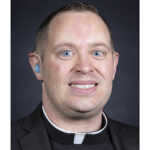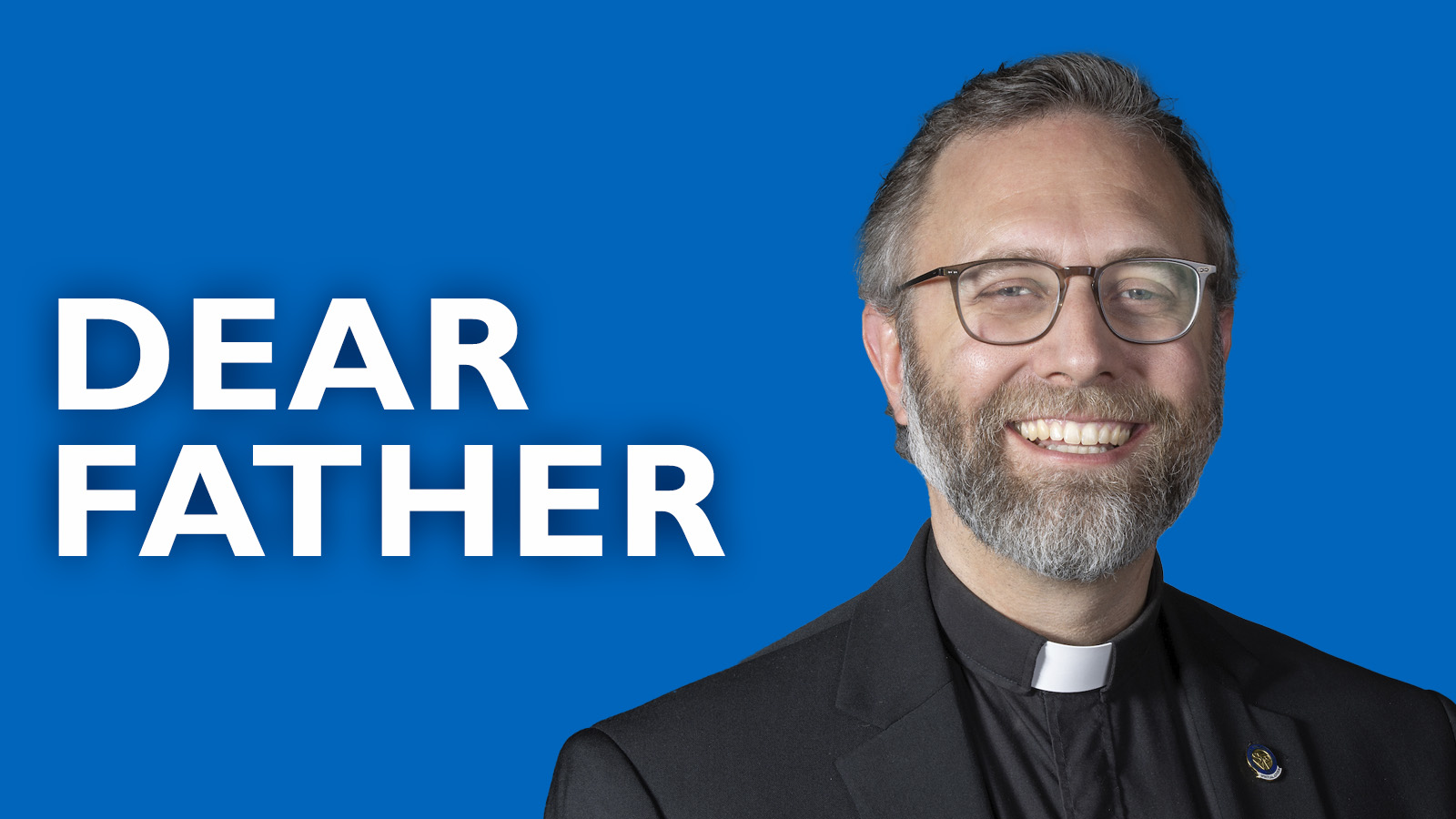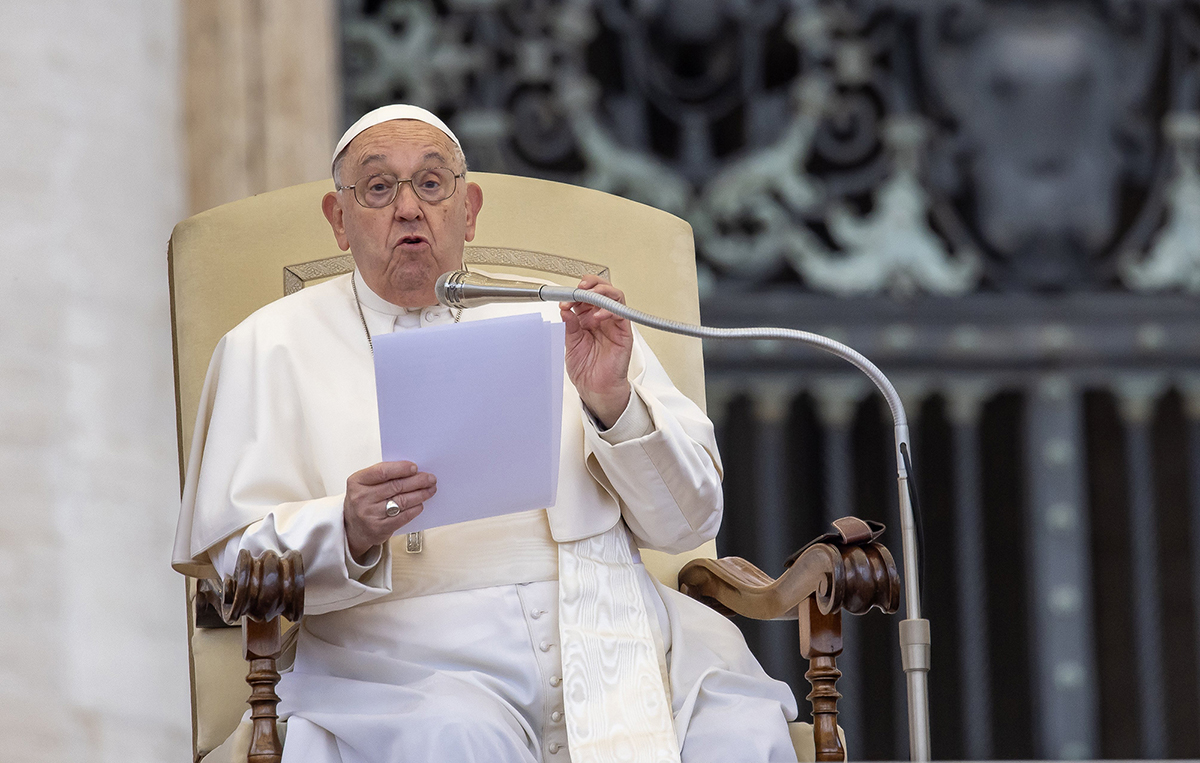DEAR FATHER | Jesus reminds us that disability is not connected to sin
Who sinned, this man or his parents, that he was born blind?

I hope this question stirs in our hearts. It was posed to Jesus by some of His disciples (John 9:2), and it is important to prayerfully consider and understand.
As we can see in this Gospel passage, some people throughout time have erroneously correlated the experience of disability or illness with sin, thinking that somehow people deserved these physical conditions as a punishment from God for some kind of lack of faith. Jesus sought to nip this thinking in the bud with His response when He replied that “neither he nor his parents sinned; it is so that the works of God might be made visible through him.”
In the rest of this passage, Jesus spits on the ground to make clay, and then He smears that on the man’s eyes, who washed in the Pool of Siloam and was able to see again. I encourage you to read the full passage (John 9:1-41).
Maybe some of us have some sort of physical disability, and we can relate to the feelings behind the question posed by Jesus’ disciples: Lord, what did I do to deserve this? Why me? These thoughts aren’t limited to those with physical disabilities; all of us undergo some kind of struggle or suffering in our lives. I’m sure each of us has found ourselves echoing these questions at some point. It can be a slippery slope toward isolating ourselves from God out of anger and resentment, though, if we don’t understand Jesus’ response to His disciples’ query here.
Jesus explains that sin and disability are not connected; rather, it is through our disabilities or struggles that the works of God might be made visible. The Book of Job in the Old Testament is another great lesson about struggle.
Christ didn’t shy away from interacting with the marginalized. In this Gospel passage, the blind man is welcomed back into the fold. We see this also with Jesus’ interactions with lepers, the hemorrhaging woman, the deaf, the man with the withered hand and many others. The Church seeks to continue this action in the present in her teaching of the importance of welcoming all into a relationship with Christ — especially through the sacraments.
I grew up hard of hearing, and I know that some members of the Church aren’t perfect in their inclusion of people with disabilities, but I can’t stress enough the importance of remembering the actions or attitudes of a few don’t negate the great work that Jesus’ Church, the Body of Christ, seeks to do. We are all members of that body. Each of us has a role to play and is encouraged by Christ to reach out to our brothers and sisters who struggle or have disabilities and help them to see God’s work being made visible through them.
There are many great Church documents about how we are called to live this out. The U.S. Conference of Catholic Bishops has released various documents on the topic of the participation of persons with disabilities in the daily life of the Church. The National Catholic Partnership on Disability seeks to put these beliefs and teachings into concrete action.
I know there are many Catholics who aren’t aware of these great teachings and efforts on the inclusion of persons with disabilities, so let us work to help our brothers and sisters (and ourselves) know that Christ invites all into a deeper relationship with Him!
Father Dan Kavanagh is director of the Catholic Deaf Ministry in the Archdiocese of St. Louis.




